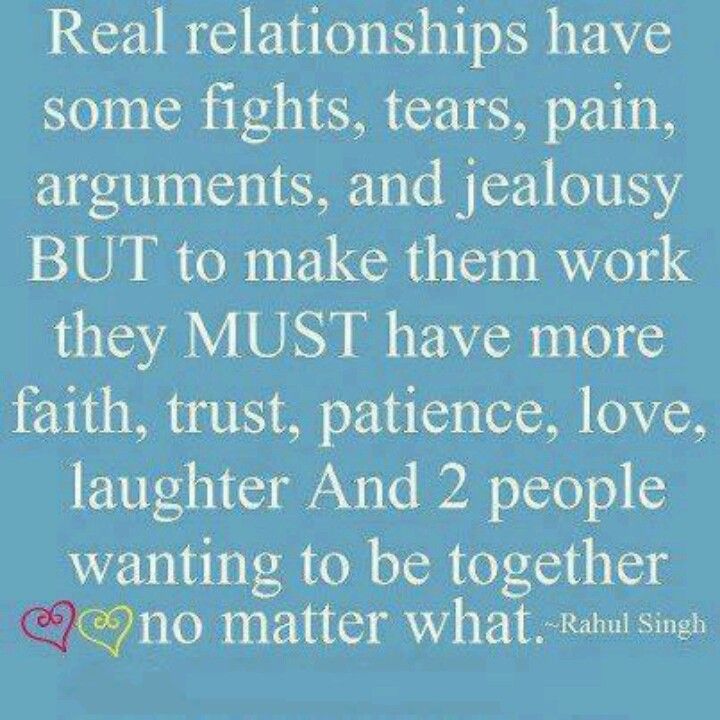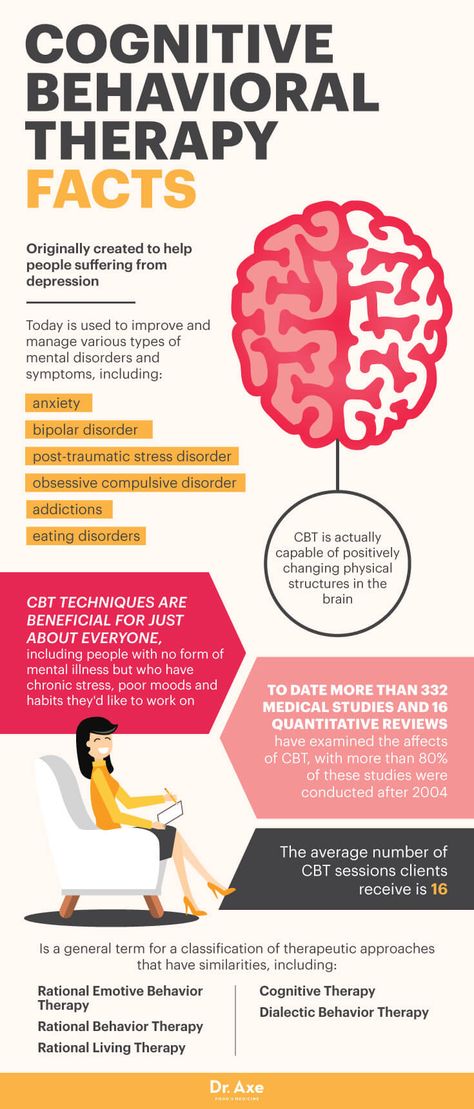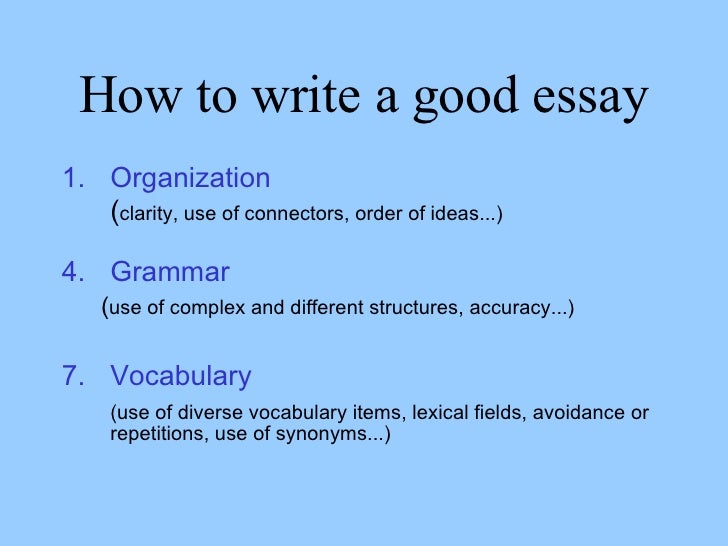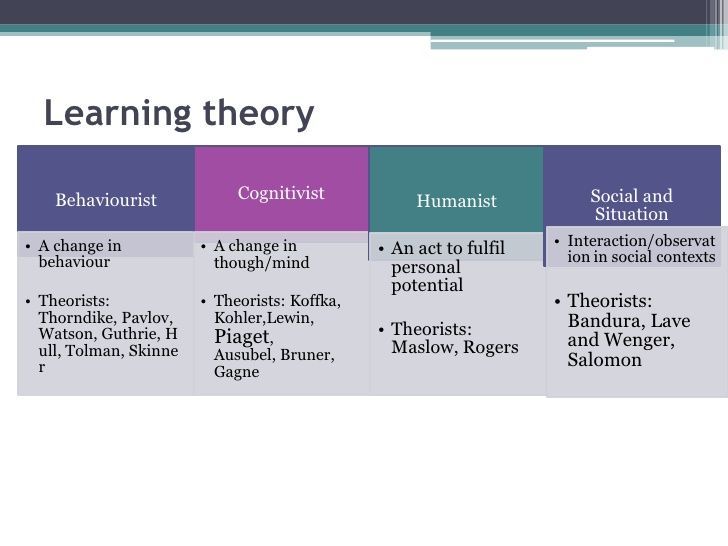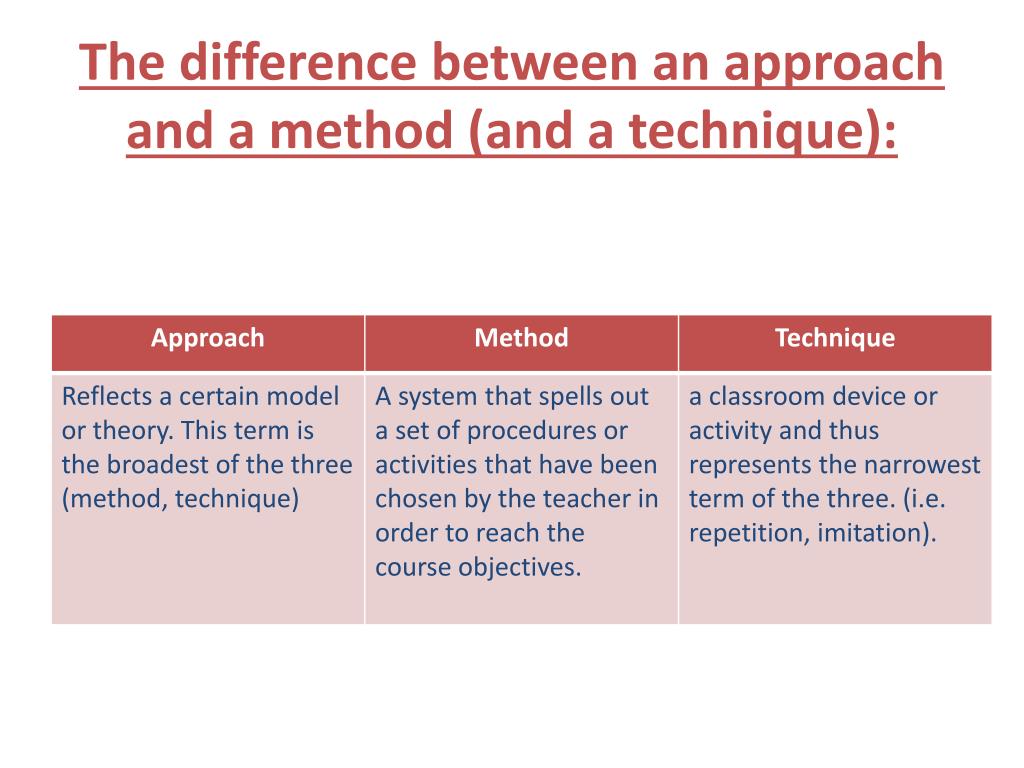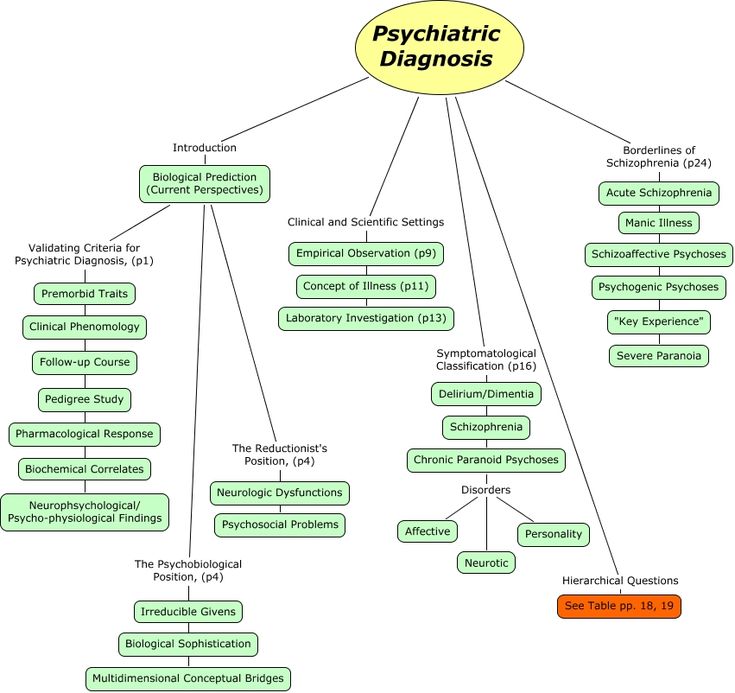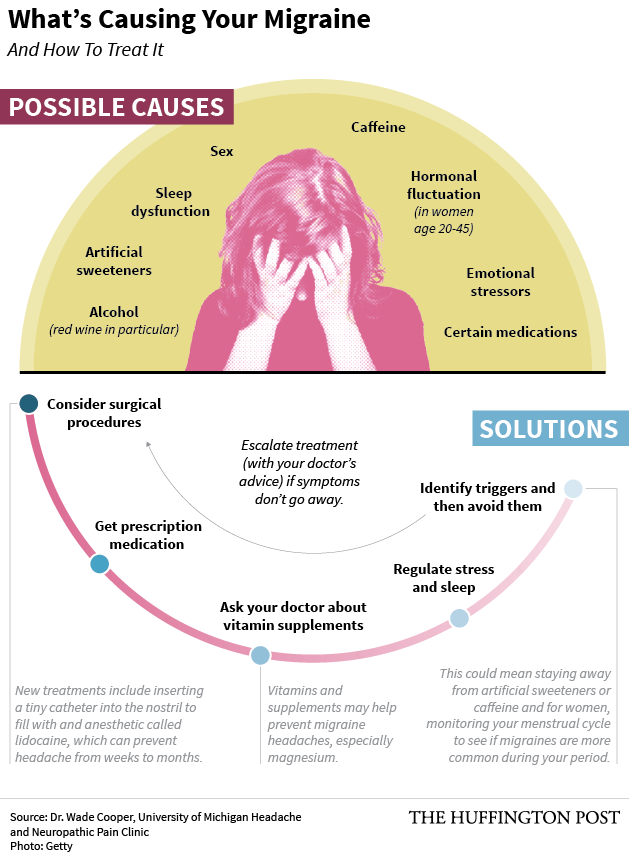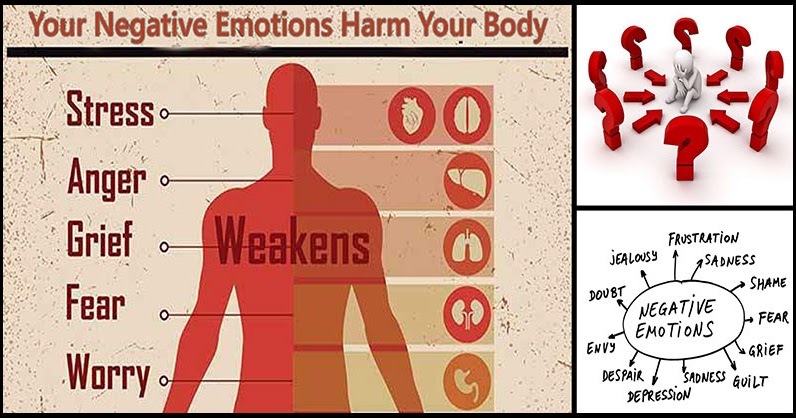Jealousy and trust in relationships
How to not be jealous and overcome it with these 9 tips
Healthy intimate relationships are one of the biggest joys in life, bringing companionship, laughter and passion into both partners’ lives. When your relationship is based on trust, it serves as a lifeboat, anchor and sail that keeps you afloat, secure and filled with purpose. When jealousy corrodes the trust and respect in your partnership, the relationship becomes a weight that hinders personal progress.
Understanding how to stop being jealous in a relationship is a prerequisite for a healthy union. No matter what causes jealousy in your relationship, you can work to tame it and create a meaningful partnership.
Want to improve how you handle relationships?
Download Tony's Free Relationship Guide
Is jealousy healthy in a relationship?
When it’s mild and expressed in a healthy way, jealousy can lead to growth in a relationship. It’s a natural human emotion; eliminating it completely isn’t possible for many of us. We want to be the apple of our partner’s eye. We want them to reciprocate the way we feel. We want them to commit to us. These are all perfectly fine standards in a relationship.
Mild jealousy shows that we care about our partner and don’t want to lose them. Jealousy in relationships only becomes a problem when we let it get out of control. If you’re able to recognize the emotion, determine what it’s telling you, communicate that to your partner in a nonjudgmental way and reach a productive solution, that’s healthy jealousy. If you’re engaging in constant fights or unhealthy behaviors like snooping in your partner’s phone, it’s time to look at what causes jealousy in a relationship – and how to fix it.
What causes jealousy in a relationship?
Jealousy in relationships often doesn’t show up immediately. When you first meet your partner, you’re in your honeymoon phase. The endorphins are flying. But then, you see a text from a person you don’t know. Or you notice your partner likes to make friends with new people when you go out.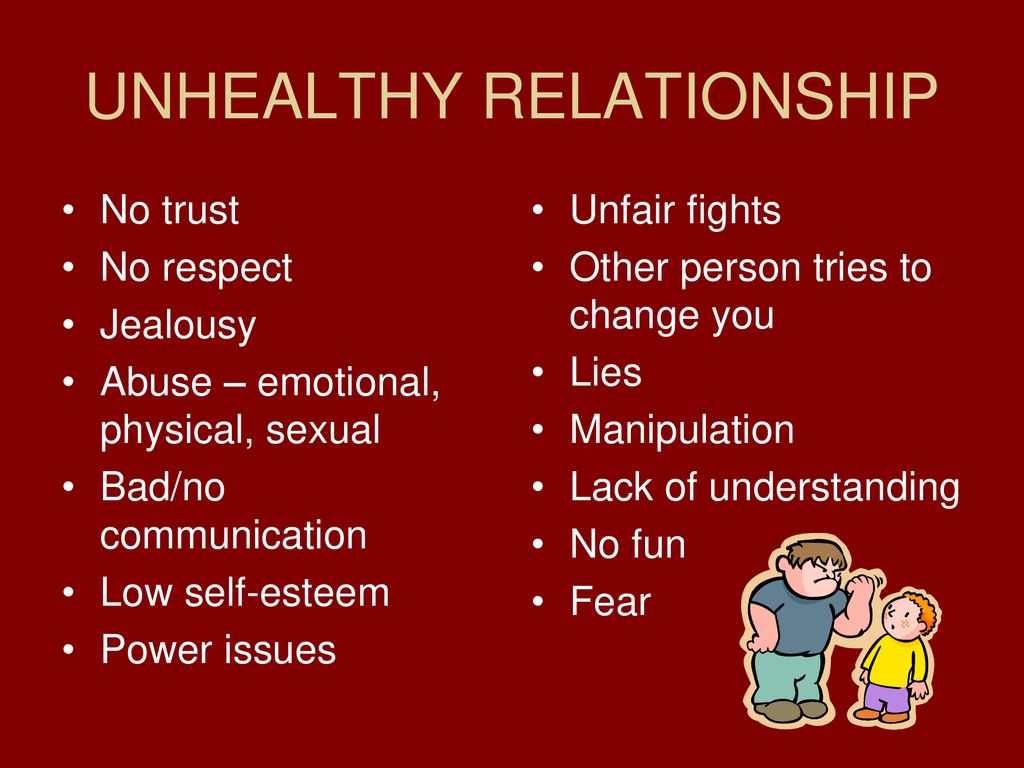 If you’re jealous of your partner’s successes, perhaps there’s an unhealthy element of competition that needs to be eliminated.
If you’re jealous of your partner’s successes, perhaps there’s an unhealthy element of competition that needs to be eliminated.
It’s easy to point the finger at your partner as the reason for your jealousy. But to discover how to not be jealous in a relationship, you must understand that it isn’t about your partner – it’s about you. In every one of these scenarios, ultimately you’re projecting your insecurities onto your partner, and it’s your insecurities that need attention. You must gain a deeper self-awareness about your own beliefs, attitudes and emotions, then learn to transform them.
At its core, jealousy in relationships is about low self-esteem. When you don’t feel confident in yourself or feel that you deserve the love of your partner, you project those insecurities onto your partner. These are limiting beliefs – false beliefs we hold about ourselves and our true natures that hold us back.
Even if your partner broke your trust, it’s likely your jealousy still stems from insecurity that was provoked by your partner’s actions.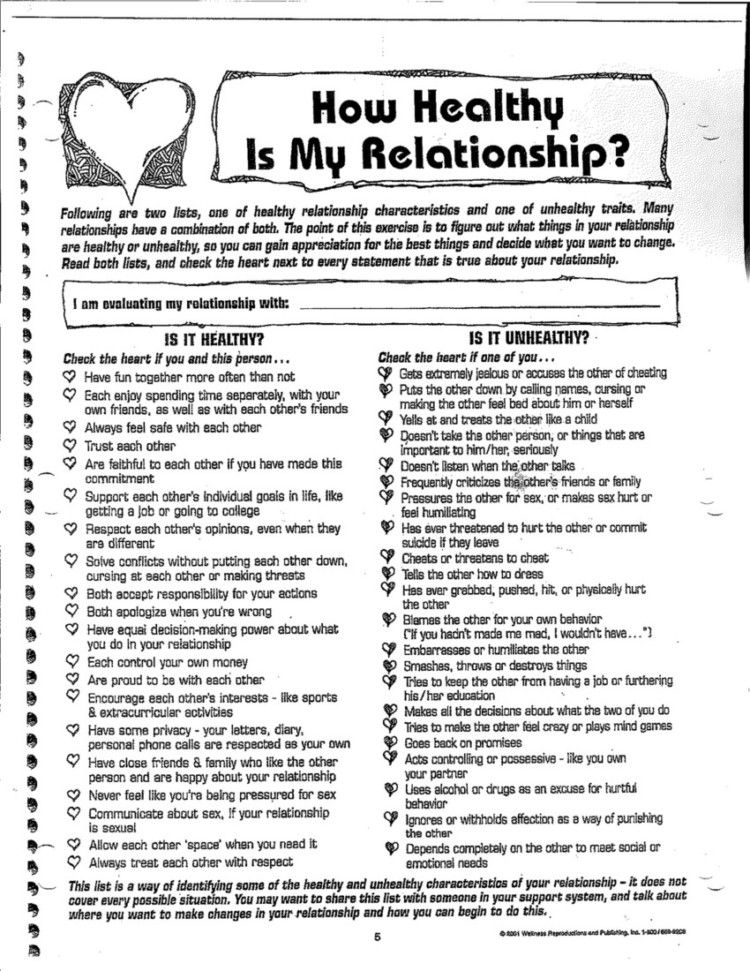 You can repair your relationship – but not if you’re letting your limiting beliefs hold you back. When you learn how to replace them with empowering beliefs and confidence, you’ll learn how to stop being jealous in a relationship.
You can repair your relationship – but not if you’re letting your limiting beliefs hold you back. When you learn how to replace them with empowering beliefs and confidence, you’ll learn how to stop being jealous in a relationship.
Effects of jealousy in relationships
Unhealthy jealousy goes against the 5 Disciplines of Love – universal principles for building a trusting, healthy union. The discipline of unconditional love and compassion becomes impossible to sustain, because jealousy impairs your ability to love without barriers. It’s also impossible to be truly vulnerable when jealousy is an issue – and vulnerability is another prerequisite for a passionate and loving relationship. If you can’t learn how to not be jealous in a relationship, you’ll never connect with your partner on a deep, honest level.
Jealousy also creates tension in the relationship. When you are constantly suspicious, your partner may not be completely open with you for fear of igniting your jealousy. Even when they’re not doing anything wrong, your envy clouds discernment and it becomes hard to tell the truth from mere suspicions.
Even when they’re not doing anything wrong, your envy clouds discernment and it becomes hard to tell the truth from mere suspicions.
You can’t give your partner the freedom to live life when you’re jealous, nor can you feel free to live your own life when you’re dealing with a jealous partner. Jealousy can creep into all areas of your life, making it hard to enjoy anything.
This tension can affect the physical, emotional and mental health of both partners. Chronic stress can increase risk for hypertension and heart problems, decrease immune function and shorten overall lifespan. The lack of enjoyment you feel in your relationship can turn into anxiety and depression. Studies have found that jealousy in relationships ends up negatively affecting relationship commitment – the opposite effect of what the jealous partner wants.
When jealousy is given full sway in a partnership, neither party thrives. And if you don’t learn how to overcome jealousy in a relationship, you could drive your partner away for good.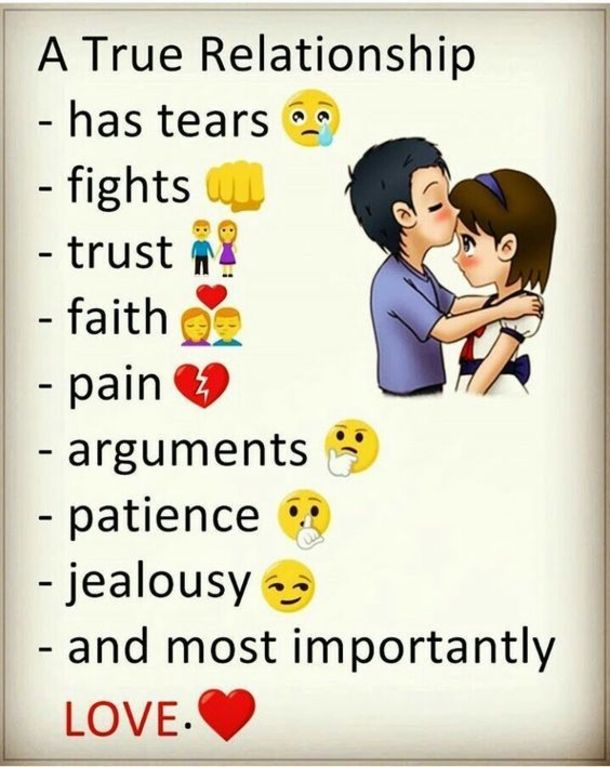
How to stop being jealous in a relationship
Your partnership will suffer if you let jealousy go unchecked. Understanding jealousy in relationships requires being honest with yourself and your partner. Get to the bottom of your jealousy and create a healthier relationship dynamic.
1. Be honest about jealousy’s impact.
It’s impossible to solve a problem if you refuse to acknowledge it. Rather than pretending you aren’t feeling jealous or your jealousy isn’t a problem, be honest. How do you feel because of your insecurities, and how are they hurting your relationship? It might be difficult to acknowledge the problems your envy is causing, but take heart in the fact that you’re taking the first step to a healthier relationship.
2. Ask what your jealousy is telling youPsychology Today provides a family therapist’s view on how to stop being jealous in a relationship: Rather than view jealousy as a problem, look at your jealousy as a solution.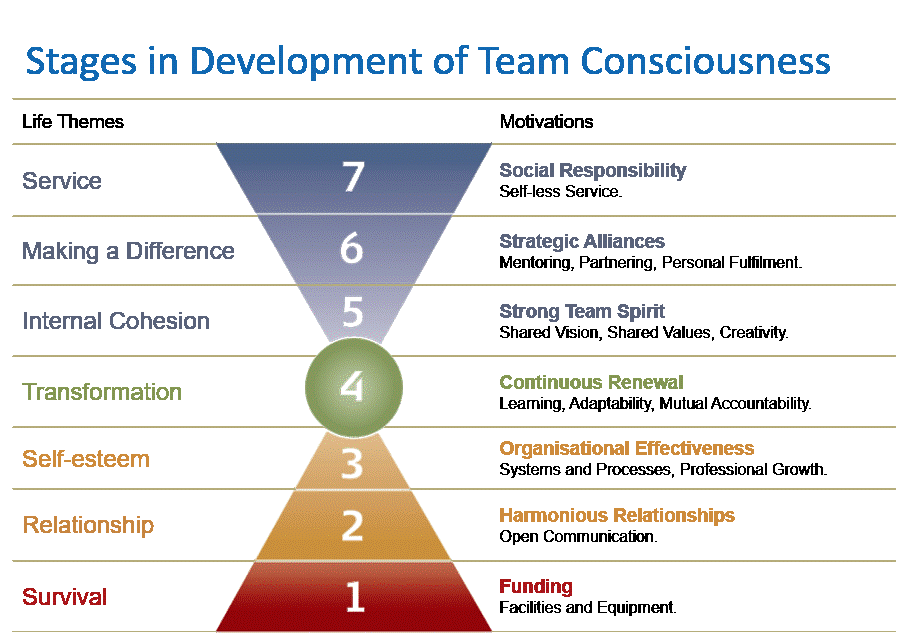 Jealousy (or any other relationship issue) is a window of opportunity we can peer through to gain clarity. Humans feel deeply – it’s the source of our greatest joys and greatest sorrows. We developed these emotions for a reason: they are there to tell us something.
Jealousy (or any other relationship issue) is a window of opportunity we can peer through to gain clarity. Humans feel deeply – it’s the source of our greatest joys and greatest sorrows. We developed these emotions for a reason: they are there to tell us something.
Instead of shutting down the jealous behavior outright, seek to understand it first. What problem is the jealousy attempting to solve? Working backward from there will help you get to the bottom of how to stop being jealous. By getting to the real problem, you’re able to address it and find lasting relief.
3. Discover the Six Human Needs.
It’s likely that your jealousy is telling you something about your Six Human Needs. These are the needs that must be met in order to create a fulfilling relationship. They underlie every decision we make – and jealousy is a decision. It isn’t a result of your partner’s actions or something that was done to you in the past. It’s a result of your unique values and your mindset. You can learn to control it, but you must go to the source: your thoughts, emotions and needs.
You can learn to control it, but you must go to the source: your thoughts, emotions and needs.
4. List your insecurities.
Mastering how to stop being jealous in a relationship starts with looking at yourself. What insecurities are driving your jealousy? Are you unsure of yourself due to perfectionism? Are you comparing yourself to others? You’re not making this list to shame yourself – you’re owning your role in the relationship.
5. Cultivate self-confidence.
Once you’ve made a list of the insecurities driving your jealousy, write down an antidote to each one. If you’re living under the shadow of your partner’s ex, make a list of all the traits your partner loves about you. If you constantly compare yourself to celebrities, unfollow them on Instagram for a week. By giving yourself space from feelings of inferiority, you’ll be able to develop the self-confidence you need to overcome jealousy.
6. Consider the source of your insecurity.

Mastering how to not be jealous in a relationship is often a matter of healing the wounds of the past. If you’re struggling with jealousy due to an unresolved issue like a childhood trauma or addiction, get the support you need to overcome it. With the right help, you can transform your struggles into sources of strength.
7. Be honest with your partner.
If you’re struggling with jealousy, your partner has probably already noticed. Your partner is most likely also contributing to the problem. By practicing effective communication, you’re acknowledging your contribution while also holding your partner accountable – and giving them the opportunity to support you as you work toward a solution.
8. Build healthy coping skills.
Sometimes, it can be hard to let go of jealousy in relationships if you don’t have healthier ways to relate. Provided your partner isn’t giving you a reason to be suspicious or jealous (ie. by cheating on you or habitually lying), it’s up to you to tame the source of your jealousy. Recognize that you don’t need jealousy – you’re just used to it. Practice self-care and nurture your physical, emotional and mental health. When you prioritize healthy coping mechanisms, they become the norm and eventually replace jealousy.
Recognize that you don’t need jealousy – you’re just used to it. Practice self-care and nurture your physical, emotional and mental health. When you prioritize healthy coping mechanisms, they become the norm and eventually replace jealousy.
9. Discover
The Ultimate Relationship Program.It often isn’t easy to learn how to not be jealous in a relationship. Jealousy is such a deep-seated emotion that it often feels like we have no control over it. So where do you start? The key is to think of your relationship holistically. Jealousy is just a symptom of a larger disconnect. What’s really going on between you and your partner?
The Ultimate Relationship Program will take you back to basics, teaching you about concepts like polarity and the Six Human Needs – the building blocks of all romantic relationships. You’ll look inward at your own desires and limiting beliefs before looking outward at your partner. You’ll finally eliminate your fears once and for all and know how to overcome jealousy in a relationship in a healthy, positive way.
Want to stop feeling jealous?
A Results Coach can help you examine and overcome your limiting beliefs, so you can feel fulfilled and confident in relationships.
Get Coaching
This website uses cookies to personalize your experience and target advertising.. By continuing to use our website, you accept the terms of our updated policies
What are the basic needs in a relationship?
Create the love you've always imagined at Date with Destiny
Act Now
< Back to all stories
Date With Destiny
How to fulfill your partner’s needs and strengthen your relationship
Posted by: Team Tony
“You’re so lucky.”
Chances are you’ve been on the giving and receiving end of this familiar phrase more than once. You’re lucky to receive an opportunity. For a job. For a travel experience. For your relationship. Why do we give luck all the credit? Luck has nothing to do with any of it.
For your relationship. Why do we give luck all the credit? Luck has nothing to do with any of it.
Take our basic needs in a relationship, for example. Maybe the movies portray falling in love being as easy as walking down the street and locking eyes with someone, but that’s far from the reality of what it takes to make a relationship work. Extraordinary relationships don’t come to people because they are lucky. Long-lasting, quality partnerships happen when our relationship needs are met through mutual respect, passion and commitment.
What’s the secret? How do you create a relationship so passionate, so fulfilling that everyone is telling you how lucky you are? It starts with fulfilling your partner’s relationship needs.
Every single one of us has Six Human Needs that are fundamental to our happiness in relationships and in life. We all require each of these needs to be met at varying levels. Whatever your top needs are, it’s important you’re meeting them. And when you’re in a relationship, it’s important you’re also meeting the needs of your partner.
Whatever your top needs are, it’s important you’re meeting them. And when you’re in a relationship, it’s important you’re also meeting the needs of your partner.
Once you are able to meet your partner’s relationship needs, it will become a place of deep and meaningful joy and fulfillment. Listen to what Tony has to say about how it all works:
Love is not about fulfilling your partner’s relationship needs only after they’ve fulfilled yours. Tony tells us: “The only way a relationship will last is if you see your relationship as a place that you go to give, and not a place that you go to get.” Love is not a trade. Put your partner first by fulfilling these 10 basic needs in a relationship, which are made up of your Six Human Needs and four additional needs that apply to romantic partnerships. And when they do the same, that’s when the magic happens.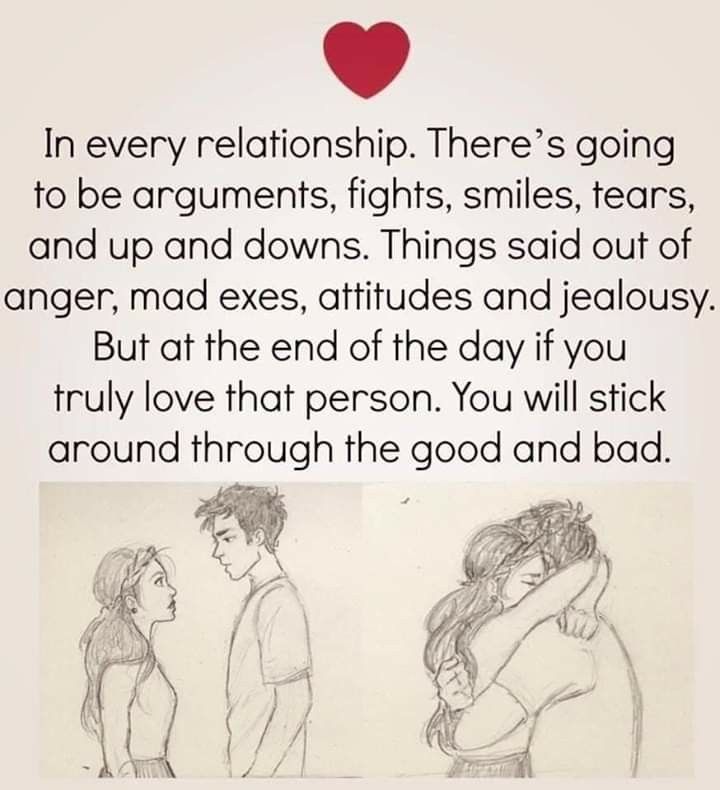
1. Certainty
What is the number one thing that everyone is looking for in a relationship? Certainty. Certainty that you’re going to avoid pain, certainty that you can trust your partner and certainty that you can feel comfortable being vulnerable in your relationship. When you think of “comfort,” don’t think of stagnation. Certainty and comfort are not synonymous with boredom. Having certainty in your relationship means that you’ve developed a bond with your partner that you are 100% certain about. You have no doubts about your love for them and trust that they wouldn’t do anything intentionally to bring you suffering.
2. Uncertainty
The next human need is uncertainty, or variety. Variety can come in many different forms; it doesn’t necessarily mean jumping from partner to partner. Variety can be learning a new skill, participating in a stimulating conversation, eating at a new restaurant or being thrilled when your partner surprises you with a bouquet of flowers.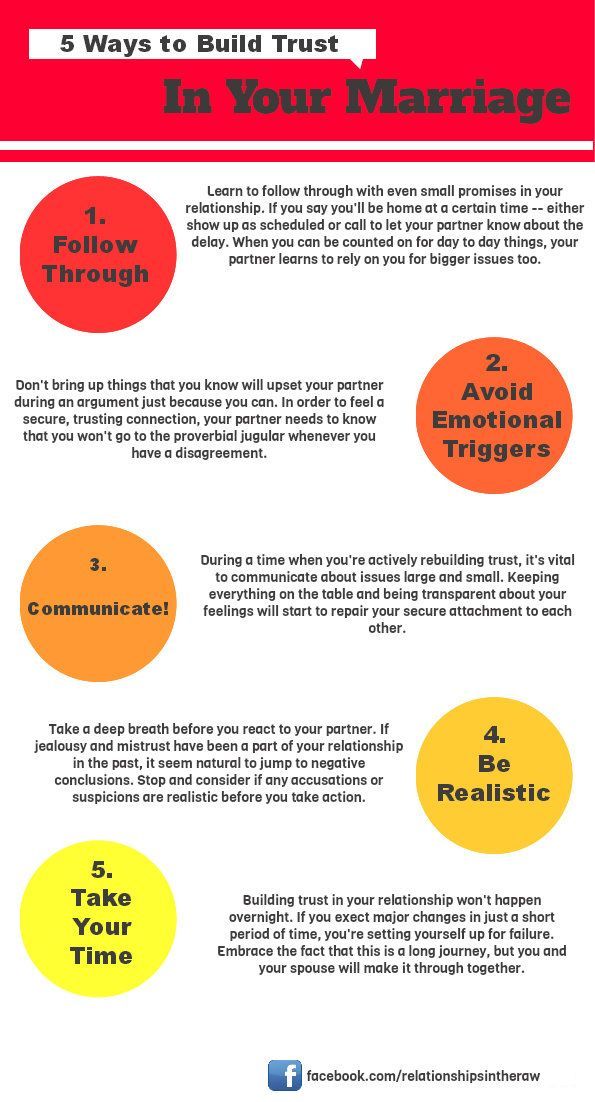 We need certainty to feel safe, but we also need uncertainty to feel captivated by our relationship.
We need certainty to feel safe, but we also need uncertainty to feel captivated by our relationship.
3. Significance
Why is it that you tell your partner things you don’t tell anyone else? Why do you rely on this one person to make you feel romantically fulfilled? Because they make you feel significant. One of the most crucial relationship needs is feeling significant. You want someone who makes you feel special and important. You can fulfill this for yourself by going after a goal or helping out in your community, but you also need to feel significant in the eyes of your partner. And to have a successful relationship, you need to make your partner feel significant as well.
4. Connection and love
The fourth thing a relationship needs is connection and love. You’ve already established that you want to feel significant in the eyes of your partner, but you also need to form a deep connection and develop an intense love. Connection can happen instantaneously in relationships – you meet someone and have great conversations, share interests or are immediately attracted to each other.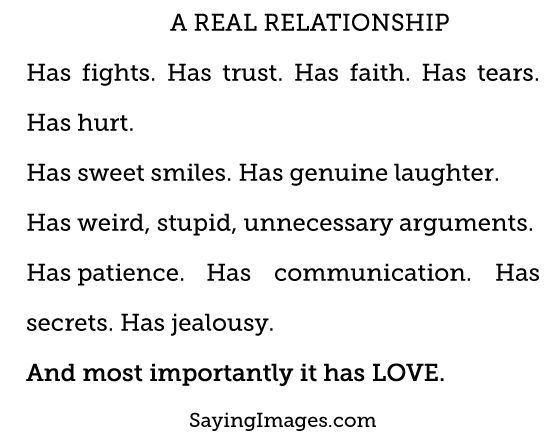 Love takes more time to form, but it’s what sustains a strong relationship long after that initial spark of attraction.
Love takes more time to form, but it’s what sustains a strong relationship long after that initial spark of attraction.
5. Growth
The first four relationship needs are essential for your personality, and the next two are fundamental for your spirit. The fifth relationship need is growth. If you’re not growing, you’re dying – that’s why growth is addictive. As long as you’re growing you can feel fulfilled with yourself and confident in your relationship with your partner. The fifth need, or the need to grow, ties directly to the following need. That’s because we want to grow so we have something to give, or contribute.
6. Contribution
As Tony Robbins has said before, “The secret to living is giving.” When something good happens to you, what’s the first thing you want to do? Tell someone you love. Life is about creating meaning, and a huge part of that is contributing to the world around us. This also applies directly to your relationships: What are you contributing? How are you providing for your partner mentally, emotionally, physically and financially? How are they contributing to your well-being and happiness?
7.
 Intimacy
IntimacyTime for some real talk: Without romance – and yes, sex – you and your partner are just friends at best and roommates at worst. Intimacy and affection are among the fundamental basic needs in a relationship, yet we often make the mistake of thinking that when the “spark” is gone, we can’t get it back. Remember how you felt on your first date with your partner? The butterflies in your stomach and the feeling of falling in love? You can keep that spark alive. Plan a surprise romantic date. Take a day off work together and do something spontaneous. Have a deep conversation. Reignite that new love feeling and watch the passion return.
8. HumorLife can be stressful. That stress seeps into our relationships, causing imbalance in our polarity, lack of communication, fighting and more. Sometimes it’s hard to take a step back and appreciate that the moment is just that – a moment, in a lifetime of togetherness. Rather than turning a routine argument into the end-all fight of the century, or letting a minor act – like socks on the floor – get to you after a long day at work, inject some humor.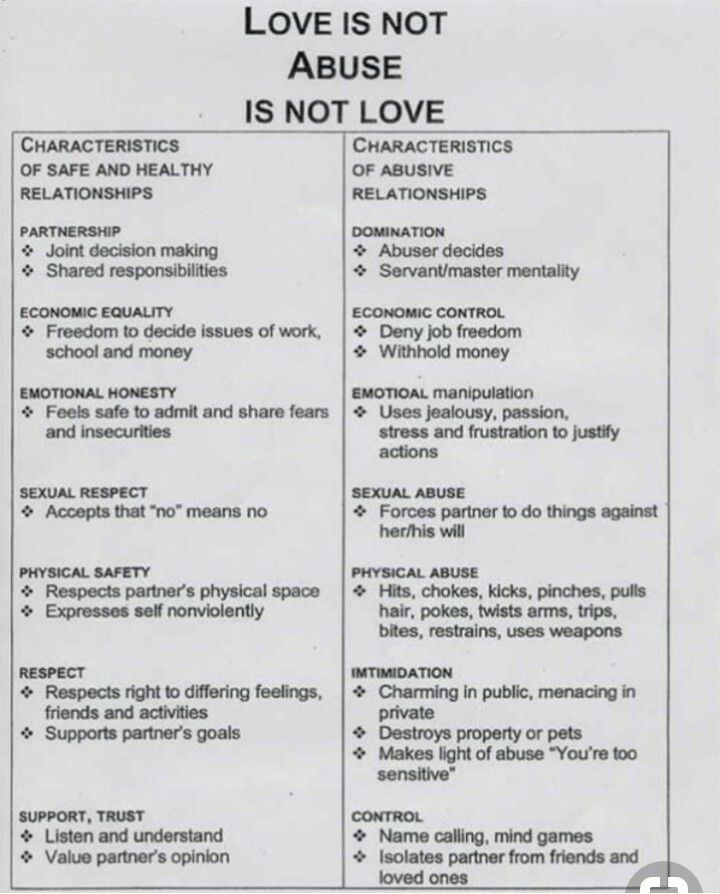 When you know that your relationship is worth it, no matter what, humor is the perfect way to defuse a situation and get a new perspective. It’s just what your relationship needs in a stressful time.
When you know that your relationship is worth it, no matter what, humor is the perfect way to defuse a situation and get a new perspective. It’s just what your relationship needs in a stressful time.
Your partner is the most wonderful, amazing and incredible human being you know. Have you told them that lately? Don’t make the mistake of thinking it’s obvious. Your partner needs to feel that you respect them and want to be with them, and a quick kiss before work and an “I love you” before bed often isn’t enough. Make a point to tell your partner what you like about them. Talk about your dreams and goals together and let them know that you support them. When your partner feels supported and their relationship needs are being met, they will have much more energy to give back to you.
10. Forgiveness
No one is perfect. You can still believe your partner is remarkable and fantastic while accepting their flaws. True partnership means seeing your partner for who they really are and loving them anyway.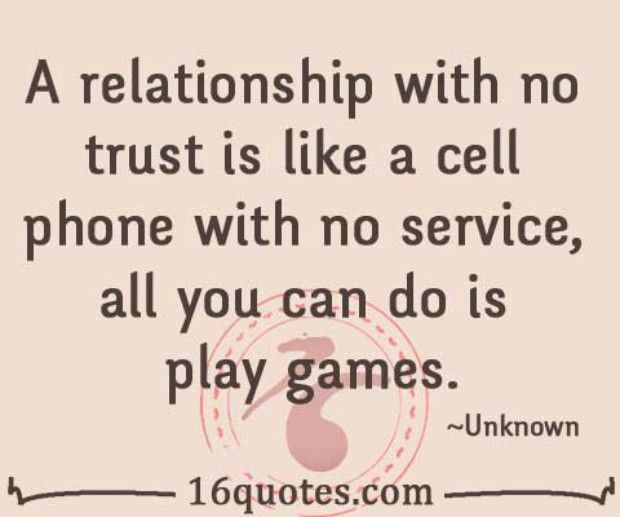 Because you know their true essence, you can forgive their human errors – like those messy quirks or even something bigger. (Never stay in an unhealthy relationship, however). But the willingness to forgive goes above and beyond basic needs in a relationship and takes your partnership into a new realm of loyalty and trust.
Because you know their true essence, you can forgive their human errors – like those messy quirks or even something bigger. (Never stay in an unhealthy relationship, however). But the willingness to forgive goes above and beyond basic needs in a relationship and takes your partnership into a new realm of loyalty and trust.
close
By entering your information on the Tony Robbins website, you agree that we may collect and use your personal information for marketing, and for other purposes, as set forth in our Privacy Policy, which we encourage you to review.
This website uses cookies to personalize your experience and target advertising.. By continuing to use our website, you accept the terms of our updated policies
Jealousy in relationships: what are the causes and how to deal with distrust
Relationships
“Beware of jealousy, signor. That is a monster with green eyes, mocking its prey, ”his friend Iago advised the hero of Shakespeare’s play Othello. Wikipedia does not deny the classic, calling jealousy a negatively colored feeling and "one of the most difficult and unpleasant experiences from the spectrum of human emotions."
Wikipedia does not deny the classic, calling jealousy a negatively colored feeling and "one of the most difficult and unpleasant experiences from the spectrum of human emotions."
- Photo
- Still from Vicky Cristina Barcelona
In interpersonal relationships, this phenomenon of a psychological nature manifests itself from childhood — we are jealous of mom and dad for other people, best friends for their friends, and we want the one we fall in love with for the first time to devote all his time to us. Later, this feeling almost completely moves into the sphere of love relationships, although adults are capable of friendly jealousy.
And if slight jealousy gives a spicy sharpness to the relationship, then the green-eyed monster, about which Shakespeare wrote, literally corrodes the soul, provoking quarrels, misunderstandings and complete discord in a couple.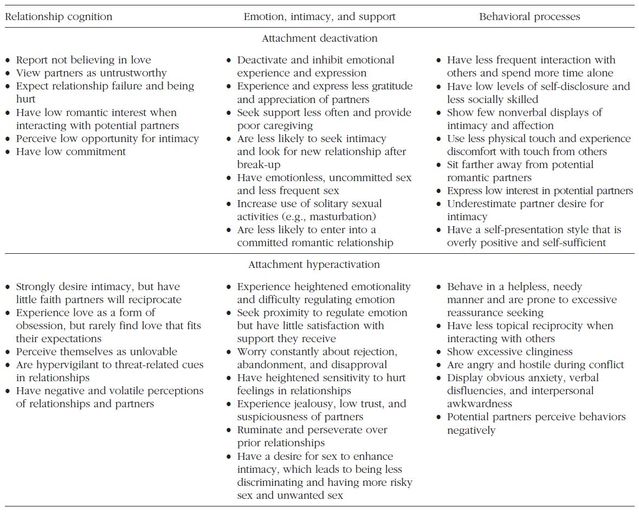 It’s normal to feel a pang of jealousy from time to time, but when insecurity in a partner prevents you from being together and enjoying life, the “monster” must be curbed. nine0003
It’s normal to feel a pang of jealousy from time to time, but when insecurity in a partner prevents you from being together and enjoying life, the “monster” must be curbed. nine0003
Why we are jealous
The main reason for jealousy is the fear of losing what you have (respect, love, friendship). The root of this fear is doubt. “The reason for doubt in some cases lies in self-esteem, affected by trauma received in childhood or experienced relationships. For example, from the betrayal of a loved one or the betrayal of a loved one, explains clinical psychologist and hypnotherapist Olga Golosova. “Injuries of this kind make you feel like you don’t deserve love and affection, and therefore you are anxious when your partner pays attention to someone else.” nine0003
“Sometimes jealousy is a feeling that arises from a lack of attention from a loved one, when it seems to you that someone else is getting it instead of you,” the expert continues. - If you are tormented by jealousy, you are emotionally dissatisfied with existing relationships and expect more from them, although perhaps your requests are unreasonably high. Wanting to get more attention, you become suspicious, aggressive, resort to psychological manipulation, just to attract your loved one, which actually only aggravates the situation. nine0003
Wanting to get more attention, you become suspicious, aggressive, resort to psychological manipulation, just to attract your loved one, which actually only aggravates the situation. nine0003
Signs of jealousy in a relationship
Carefully read the signs listed by the psychologist. If you recognize among them several that correspond to your behavior, then it is time to take control of your jealousy.
-
You want to spend with your partner 24 hours a day, 7 days a week. Being bored is fine, but not letting him take a step without you? Such behavior speaks of selfishness and painful dependence, not love.
-
You constantly check on him when you're not together. Oh, this eternal question: “Where are you?” ... If you ask it ten to a hundred times a day, there will definitely come a moment when your partner will get tired of it. And absolutely guard, sorry if you ask him to send photos surrounded by those with whom he spends time. nine0003
-
His casual interactions with the opposite sex invariably irritate you.
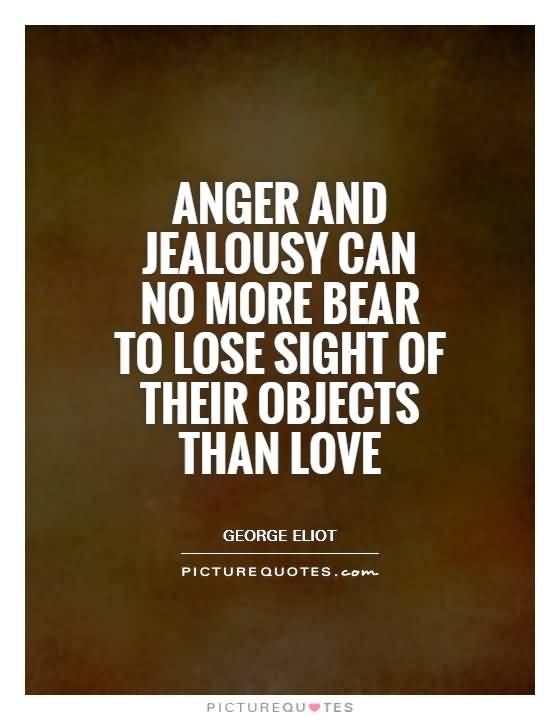
-
You don't like it when he spends time with friends because you don't want him to be happy without you and are not sure that he has the same fun with you.
-
You follow him on social media, overtly or covertly, noting his reactions to other people's posts and checking search queries, which predictably fills your mind with suspicion.
-
You regularly accuse him of treason, fueling your own mistrust.
How to stop being jealous
In order to curb doubts and distrust in your partner, you must first honestly admit that these feelings bother you. Then - identify their causes, on your own or with the help of a psychologist. If there are no real reasons for jealousy, if your partner does not manipulate you, treats you with respect and love, the next step is to gradually change the attitude towards yourself, because, perhaps, in this case, the breeding ground for jealousy is low self-esteem. This is a long process, but the result is worth working on.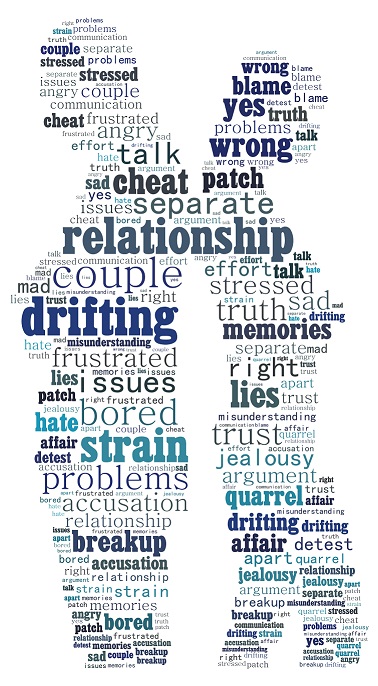 nine0003
nine0003
1. Share your feelings
Instead of insults, ultimatums, prohibitions and other manipulations, just talk and listen to each other. Be sincere and respectful to your partner and stay calm to avoid quarreling or jumping to conclusions.
3. Look for a compromise
Try to discuss painful moments and find a compromise so as not to warm up, but to calm the feeling of jealousy. Agree on what is acceptable and what is not in your couple, and make sure to come to a mutual agreement. nine0003
4. Build trust
Love suffocates in relationships where there is no trust. Even in a close relationship, each of the partners retains the right to personal boundaries, to personal time. Trust and freedom are the key to a strong and lasting relationship.
5. Less fantasy
Stop interfering with reality and imagine everything in black and white. Trust that all is well in your relationship, and take your mind off doubts with enjoyable and rewarding activities, whether it's work, movies, walking, or sports.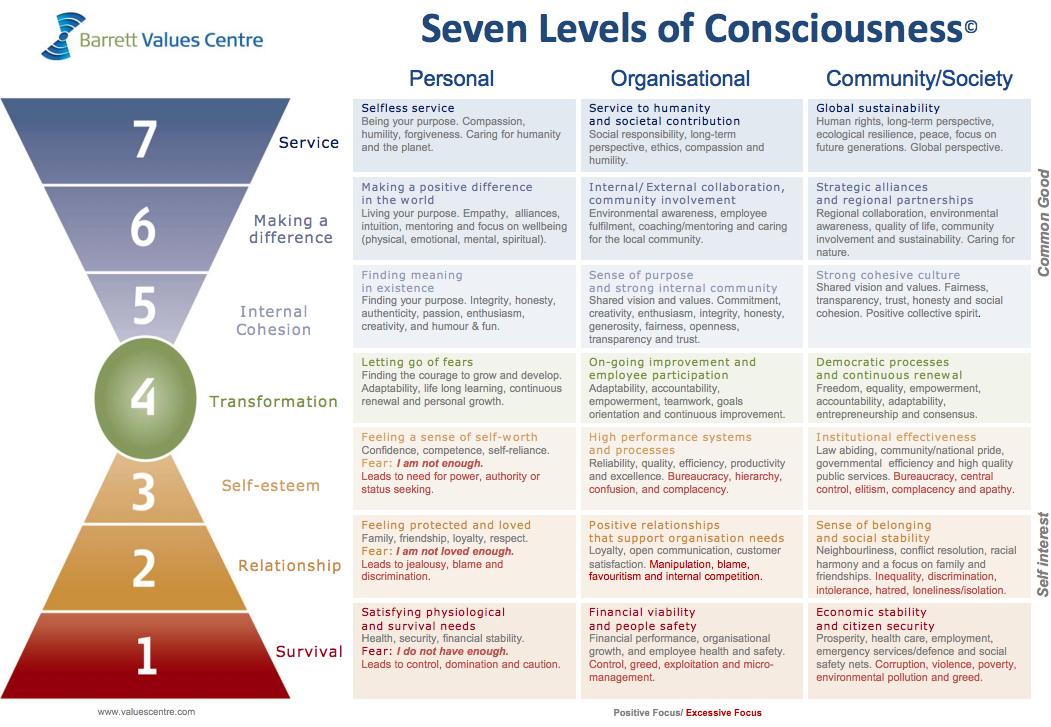 nine0003
nine0003
6. Appreciate yourself
Drive away doubts in the spirit of "What if I don't deserve him, he's too good for me." All people are special and unique. And you deserve true love.
7. Ask your friends
If you think you have too much jealousy, ask your loved ones for their opinion. Share how you feel and ask them what they think about it. Sometimes it is helpful to get a different point of view in order to understand what you are missing.
8. Do not take revenge
In the heat of jealousy, you run the risk of going over to the "dark side" and, out of anger or resentment, do things that you will regret later. Do not avenge your feelings by trying to arouse reciprocal jealousy - this will only aggravate the situation. If something is bothering you, be direct, don't play complicated games or manipulate.
9. Forget about the past
If you have had a bad experience in the past with a betrayal of a partner, do not let past traumas destroy what you have now. Your new partner is not connected to what was before and is not responsible for the mistakes of others. It is unfair to put him on a par with people who once hurt you. Focus on current relationships. nine0003
Your new partner is not connected to what was before and is not responsible for the mistakes of others. It is unfair to put him on a par with people who once hurt you. Focus on current relationships. nine0003
10. Just love
Instead of being suspicious, just feel free to show your love. Speak words of support and love to your partner, surprise and delight each other, be honest, do not manipulate. This is what strengthens the bond.
Smirnova Natasha
Tags
- relationships
- Psychology
Jealousy or trust, what do you experience more often?
Jealousy or trust, what do you experience more often? nine0002 Relationships Jealousy 64%
36%
-
- Jealousy
- 64%
-
3765
-
- Trust
- 36%
-
2083
nine0010
Jealousy or trust?
Jealousy and trust are two opposing words and phenomena that are antonyms.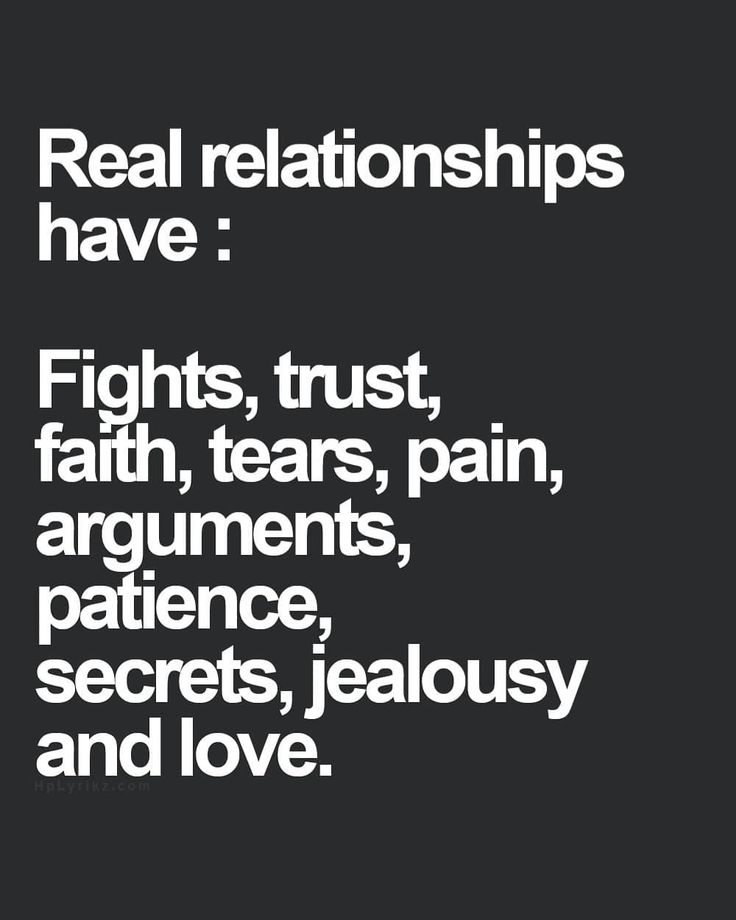 Without both, no relationship is possible, but like any phenomenon, both can harm if used in excessive quantities.
Without both, no relationship is possible, but like any phenomenon, both can harm if used in excessive quantities.
The purpose of our survey is to determine what the majority of the people prefer in relations with their halves, jealousy or trust.
Jealousy
Jealousy is a painful, mental doubt about someone's fidelity. Moreover, you can be jealous of both your official family soul mate, husband or wife, and generally an unfamiliar man or girl who, for some reason, seemed cute. It can be an ordinary oncoming passer-by or a passer-by. In most cases, these occasional fits of jealousy quickly disappear and are forgotten.
The next type of doubt is when one person has feelings for another, but hides it. The other person either does not know about it, or pretends not to see anything. If no action is taken in the future, then the feelings in this situation also disappear. nine0120 And finally, mutual feelings, or rather relationships, when a couple, a man and a woman are intimate with each other, while they can be officially married, or just be a couple in love. It is in such cases that jealousy is especially painful.
It is in such cases that jealousy is especially painful.
As mentioned above, jealousy is a doubt, a lack of trust. And it may well be that jealousy is justified, since in most cases it never arises from scratch. nine0120 This is an extremely negative destructive feeling that occurs when there is a perceived lack of attention, love, respect or sympathy on the part of a very valued, especially loved, person, while someone else is imaginary or actually receiving it from him. This feeling is a claim to “possession” of another person, “you are only mine”, “you are mine”, etc. In the case of swearing an oath to each other, or entering into official relations, such claims are quite appropriate.
In addition, jealousy is not only doubt, but also the fear of losing a loved one. nine0003
It should be noted that, like any object or phenomenon, jealousy also has positive aspects. Jealousy demonstrates that a person is important, dear, he is of great importance in the fate of another person.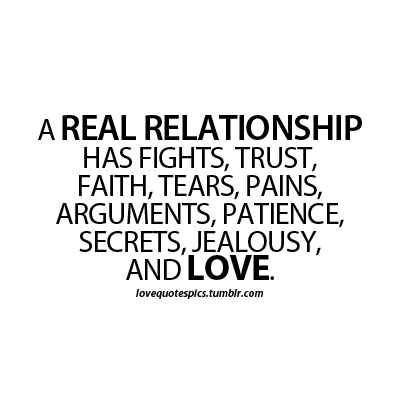 And of course, like any psychological phenomenon, jealousy is one of the tools of manipulation, it allows you to experience the severity of relationships, make them more vivid and playful.
And of course, like any psychological phenomenon, jealousy is one of the tools of manipulation, it allows you to experience the severity of relationships, make them more vivid and playful.
Trust
Trust is confidence in someone's conscientiousness, sincerity, correctness. It is a personal relationship to something or someone. Trust is most developed in friendly companies, teams, in groups that often have to go through extreme situations. When a person is completely sure that he can rely on another person. nine0120 In the relationship of couples, men and girls, trust often goes along with jealousy, they alternate each other, bouts of doubt are replaced by bouts of trust and vice versa.
Trust can be blind and unjustified, but trust can also be earned, it’s not easy to do, it takes a lot of time and effort to resist various temptations, the saddest thing is that with all the difficulties and complexities of building trusting relationships, destroy trust can be quickly, literally in a few seconds, and relationships that have been built for several years, or even decades, can be instantly destroyed, and often cannot be restored.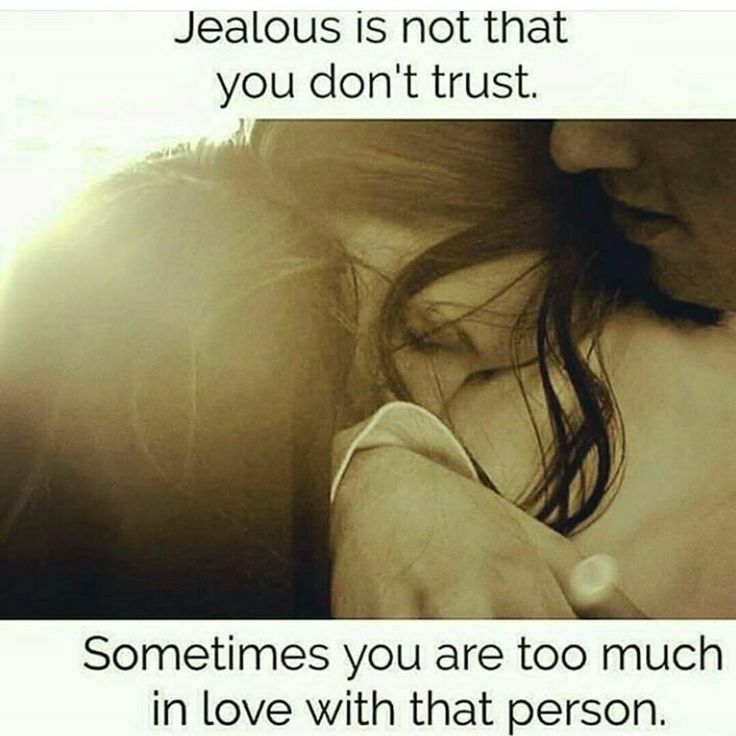 nine0120 In general, trust is an open, positive relationship between people, containing confidence in the decency and goodwill of another person with whom the trustee is in one relationship or another. Trust can be financial or personal. Financial trust can be expressed in the loan of funds or the assignment of authority to manage property. A sign of personal trust is frankness, willingness to share intimate, secret information.
nine0120 In general, trust is an open, positive relationship between people, containing confidence in the decency and goodwill of another person with whom the trustee is in one relationship or another. Trust can be financial or personal. Financial trust can be expressed in the loan of funds or the assignment of authority to manage property. A sign of personal trust is frankness, willingness to share intimate, secret information.
Trust is the basis of all social institutions in society. nine0003
If in the case of jealousy, a negative feeling, we tried to find pluses, then in case of trust, a positive feeling, we will indicate the minuses.
A folk proverb says " Trust, but verify ", you always need to have some safety net, no one can hurt more than a loved one, betrayal always comes from where they did not expect.
As a result, we can say that jealousy and trust, despite their opposite, should be present in human relationships, but only in reasonable quantities.